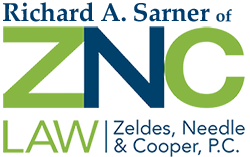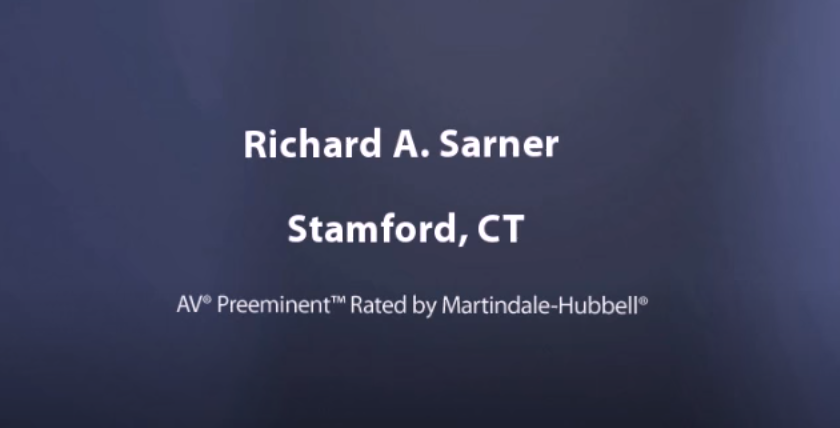Return to Main
Probate and Estate Administration – An Overview
The Probate Process
Role of the Executor
Avoiding Probate
Will Contests
Frequently Asked Questions about Probate and Estate Administration
Probate and Estate Administration Resource Links
Probate and Estate Administration Contact Form
The Probate Process
Probate is the court process used to determine the validity of a will and oversee the payment of creditors and distribution of estate assets. Even if there is no valid will at the time of death, the estate will still go through the probate procedure. Because probate is regulated by state laws, there are specific procedures prescribed by each state for carrying out the process.
If you are the executor of an estate, contact our office to schedule a consultation with an experienced probate attorney who can help you identify and carry out your estate administration duties.
Probating the Estate
Despite the variation in state laws, probating the estate generally includes the following functions:
- Petitioning the court to probate the will
- Sending notice to creditors, beneficiaries and any other interested parties
- Collecting, inventorying and appraising all estate assets
- Collecting any payments, debts and income due to the estate
- Paying any debts owed by the estate, including filing and paying local, state and federal taxes
- Distributing any remaining assets to beneficiaries in accordance with the terms of the will
Small Estates
Most states have a fast-track or simplified probate process for smaller estates that meet certain qualifications. Normally, this process allows probating the estate before a court administrator rather than the probate court, which can cut down on the time and cost of probate.
Disadvantages of Probate
Time and expense: Probating an estate can be time-consuming, taking anywhere from six months to two years to complete. Contests to the validity of the will can increase the duration of the process. Probate also can be expensive, with any probate costs and fees coming out of the estate’s funds.
Lack of privacy: Probate matters are part of the public record allowing anyone to discover the size, contents and beneficiaries of the estate. This lack of privacy can cause tension between family members.
Intestacy
If someone dies without a will or the probate court determines the will is invalid, that person is said to have died intestate. Each state has a set of default inheritance rules that apply in the absence of a will or other estate plan. These rules generally distribute property to the surviving spouse and children first followed by parents and other close family members. The only way to prevent the default rules from determining the distribution of assets is to have a valid will or trust in place before death.
Contact a Probate Attorney Today
An experienced probate and estate administration lawyer can help simplify the probate process for you. Contact our firm for more information and to schedule a consultation.
Copyright © 2012 FindLaw, a Thomson Reuters business
DISCLAIMER: This site and any information contained herein are intended for informational purposes only and should not be construed as legal advice. Seek competent legal counsel for advice on any legal matter.










